
Nothing can happen more beautiful than death
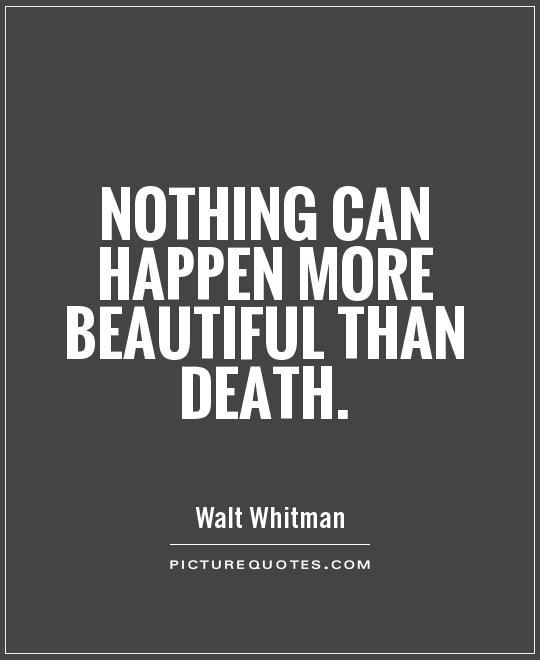
Nothing can happen more beautiful than death
Walt Whitman, the renowned American poet, is known for his profound and thought-provoking words that often explore the complexities of life, death, and the human experience. One of his most famous lines, "Nothing can happen more beautiful than death," encapsulates his unique perspective on the inevitability of death and the beauty that can be found in the cycle of life.Whitman's words on death are not meant to be morbid or pessimistic, but rather to highlight the natural and inevitable process of life coming to an end. He believed that death is a necessary part of the human experience, and that it should be embraced rather than feared. In many of his poems, Whitman celebrates the beauty of death as a transformative and liberating force that allows for new beginnings and growth.
For Whitman, death was not an end, but a continuation of the eternal cycle of life. He saw death as a natural part of the journey towards spiritual enlightenment and self-realization. In his poem "Song of Myself," Whitman writes, "I bequeath myself to the dirt to grow from the grass I love, / If you want me again look for me under your boot-soles." This passage reflects Whitman's belief in the interconnectedness of all living things and the idea that death is not the end, but a return to the earth and a source of renewal and regeneration.
Whitman's words on death also reflect his belief in the beauty of the unknown and the mysteries of the afterlife. He saw death as a gateway to a higher state of consciousness and a deeper understanding of the universe. In his poem "When Lilacs Last in the Dooryard Bloom'd," Whitman mourns the death of President Abraham Lincoln and finds solace in the beauty of nature and the eternal cycle of life and death.
Overall, Whitman's words on death are a powerful reminder of the beauty and inevitability of the human experience. He encourages us to embrace death as a natural part of life and to find beauty in the unknown and the mysteries of the afterlife. Whitman's perspective on death is both comforting and enlightening, reminding us that death is not to be feared, but embraced as a part of the eternal cycle of life.

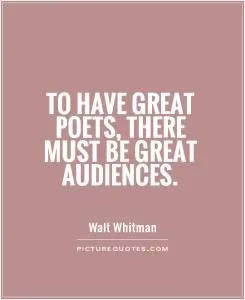


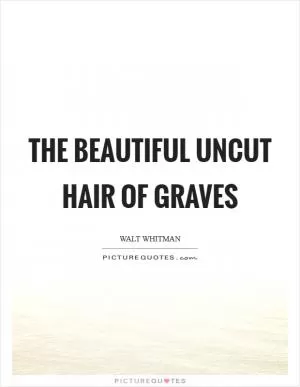
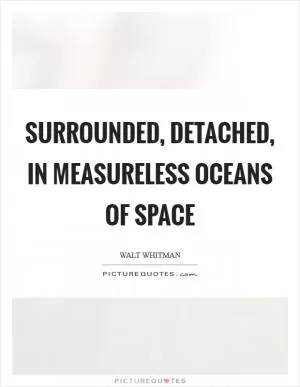


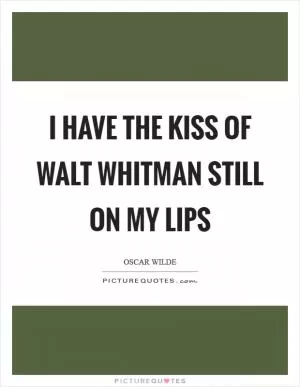



 Friendship Quotes
Friendship Quotes Love Quotes
Love Quotes Life Quotes
Life Quotes Funny Quotes
Funny Quotes Motivational Quotes
Motivational Quotes Inspirational Quotes
Inspirational Quotes